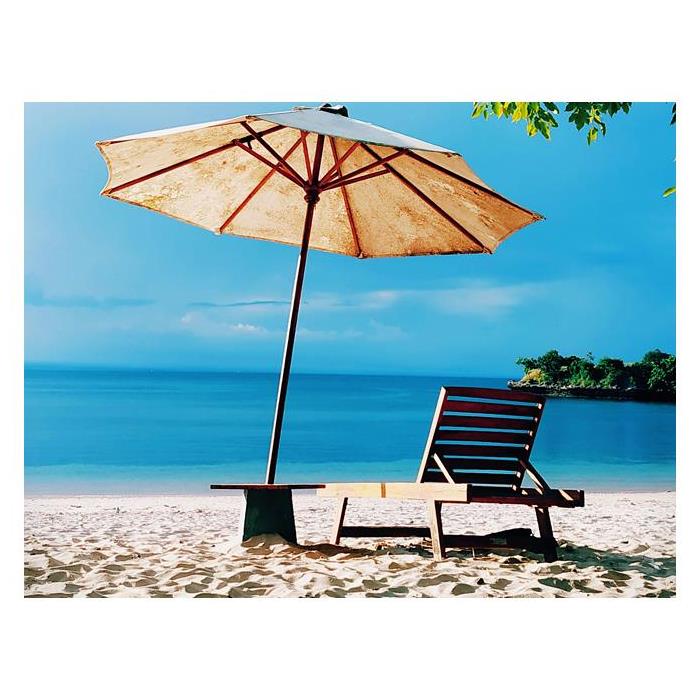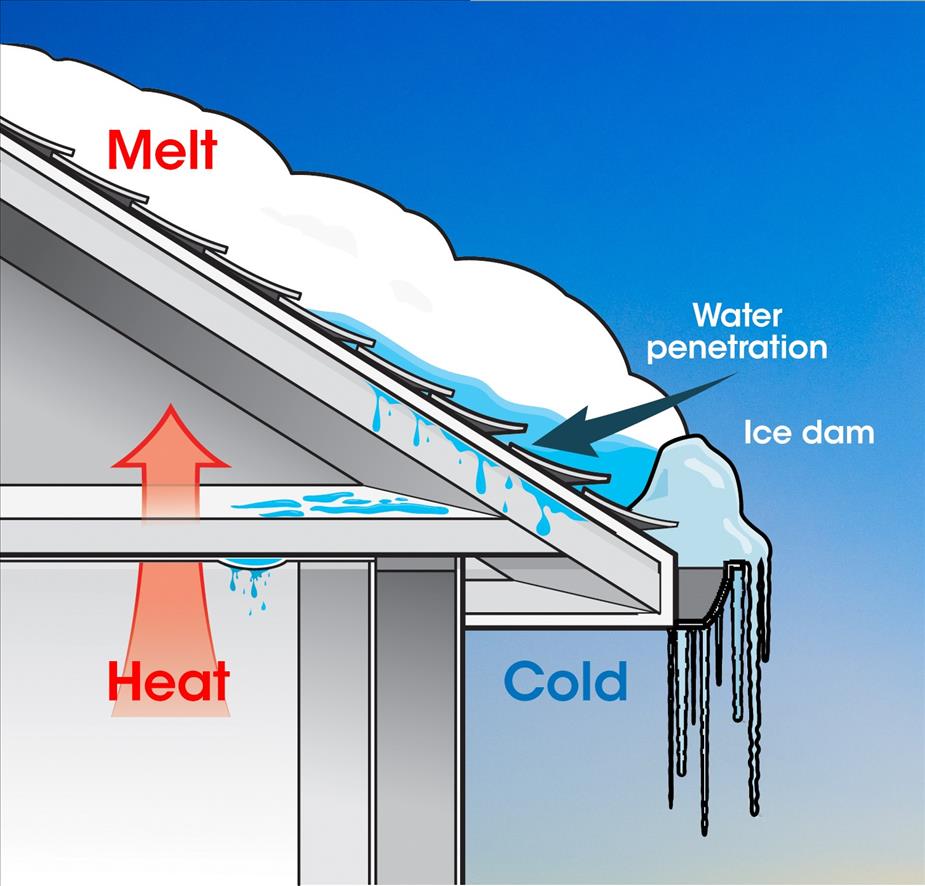Planning a Vacation? SERVPRO is here to help!
7/15/2022 (Permalink)
With the hottest months in full swing, it is about that time of the year to cool down with a summer vacation. While planning for time away, many homeowners forget that protecting their home is just as important as the vacation itself. To keep your home safe from burglary and internal damage, here are tips and tricks from SERVPRO of Greensburg:
- Have a close friend or neighbor be checking your home daily
- Provide this neighbor with emergency contact names and phone numbers
- Provide information for the alarm system to the house sitter
- Leave your porch lights on
- Cancel mail or have it collected daily
- Unplug electronics to cut down on any possible shortages
- Check smoke detectors to make sure they are working properly
- Shut off gas and water at the meter, supply, or appliances
- Turn off water valves to washing machine, sinks, and dishwasher
- Adjust your thermostat to 75-80 – this will help control usage
Protecting your home before leaving can help preserve your peace of mind while on vacation. If disaster strikes while you are away, call SERVPRO of Greensburg at (724) 837-8830. Let us show you that we are faster to any size disaster!
SERVPRO of Greensburg/Candle Safety
4/16/2021 (Permalink)
Millions of decorative candles are sold every year. They bring a soothing ambiance and different aromas for the rooms in your home.
Are Candles a Fire Hazard?
Candles might seem harmless on the surface until you look at how significant their damages can and have been in U.S. homes. FEMA estimates that there are more than 15.000 home candle fires every year, many resulting in injury for death.
Candle Fire Safety Tips
Here are a few tips to follow to reduce your risk of a fire in your home while your candle is burning:
- Burning candles should never be unattended.
- Candles should never be under shelves or other enclosed spaces.
- Keep candles at least 12 inches from anything that can burn.
- Candles should never be placed where children and pets can knock it over.
- To prevent uneven or rapid burning and excessive dripping avoid drafts, vents or air currents.
- Always put candles on a heat resistant surface.
- Use a suitable candle holder sturdy enough to avoid being easily knocked over.
- NEVER move or touch a candle while it is burning or while the wax is liquefied.
- Make sure that you have a working smoke detector in every room where you burn candles.
- Extinguish candles with a candle snuffer rather than blowing them out, a hot was can splatter.
Following a Candle Fire - Fire Restoration
Following these safety tips when you’re enjoying the candle aromas in your home, can lower your risk for a home fire in the future. If candles do happen to cause a home fire and you’re in need of fire restoration solutions, call SERVPRO of Greensburg at (724)837-8830. Our technicians will be respectful of your home and work with you to put your home back to home sweet home again.
What Causes Ice Dams and How Can You Prevent Them?
2/15/2021 (Permalink)
Ice dams– literal dams made of ice – usually form at the eaves and gutters and prevent snow/ice from melting and leaving the roof.
Primary cause is a Temperature Imbalance in the Attic:
Poor attic insulation– Insufficient or deteriorated attic insulation can allow warm air to move from the heated areas of the house to the attic space.
Lack of proper attic ventilation – Properly balanced attic ventilation helps slow snow melting by allowing cold air to enter the attic space, in turn driving out the warmer air. This reduction in warm attic air helps decrease the chance of snow melting on the roof.
Problems Caused by Dams
Because the water from melting snow cannot drain from the surface of the roof, water may leak into the home. These leaks can cause several problems:
- Damage to ceilings, walls, insulation, and other surfaces
- Mold and mildew growth
- Roof damage
The first step to repairing damage from a dam that forms after a winter storm
Dry out walls, ceiling and other interior surfaces affected by leaks.
SERVPRO Of Greensburg,can assist you with this process. Your homeowners' policy may include ice dam coverage that will compensate you for the cost of repairs.
Here are 3 steps you can take to prevent ice damming:
Remove snow from the roof
Ventilate attic
Insulate attic





 24/7 Emergency Service
24/7 Emergency Service

